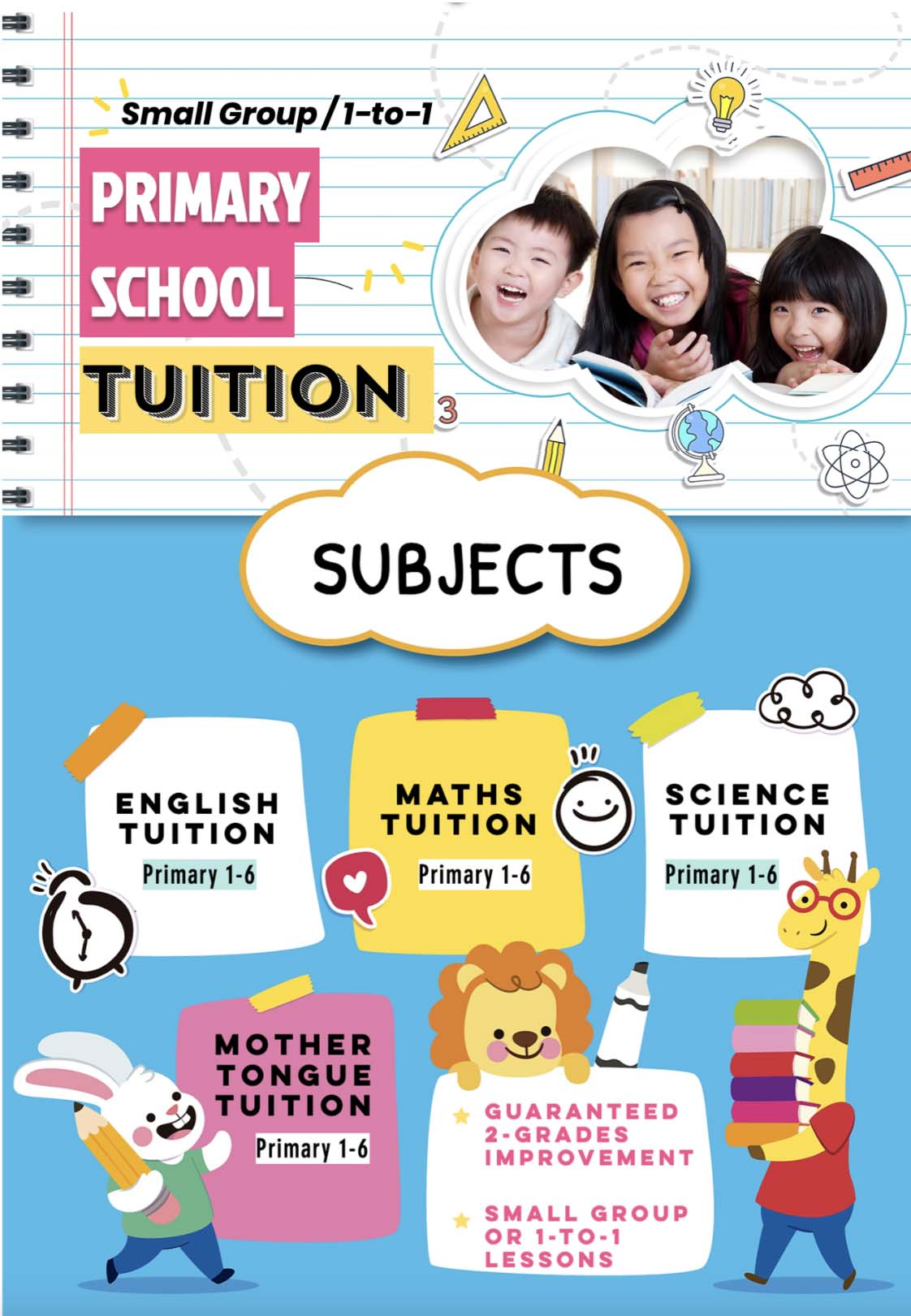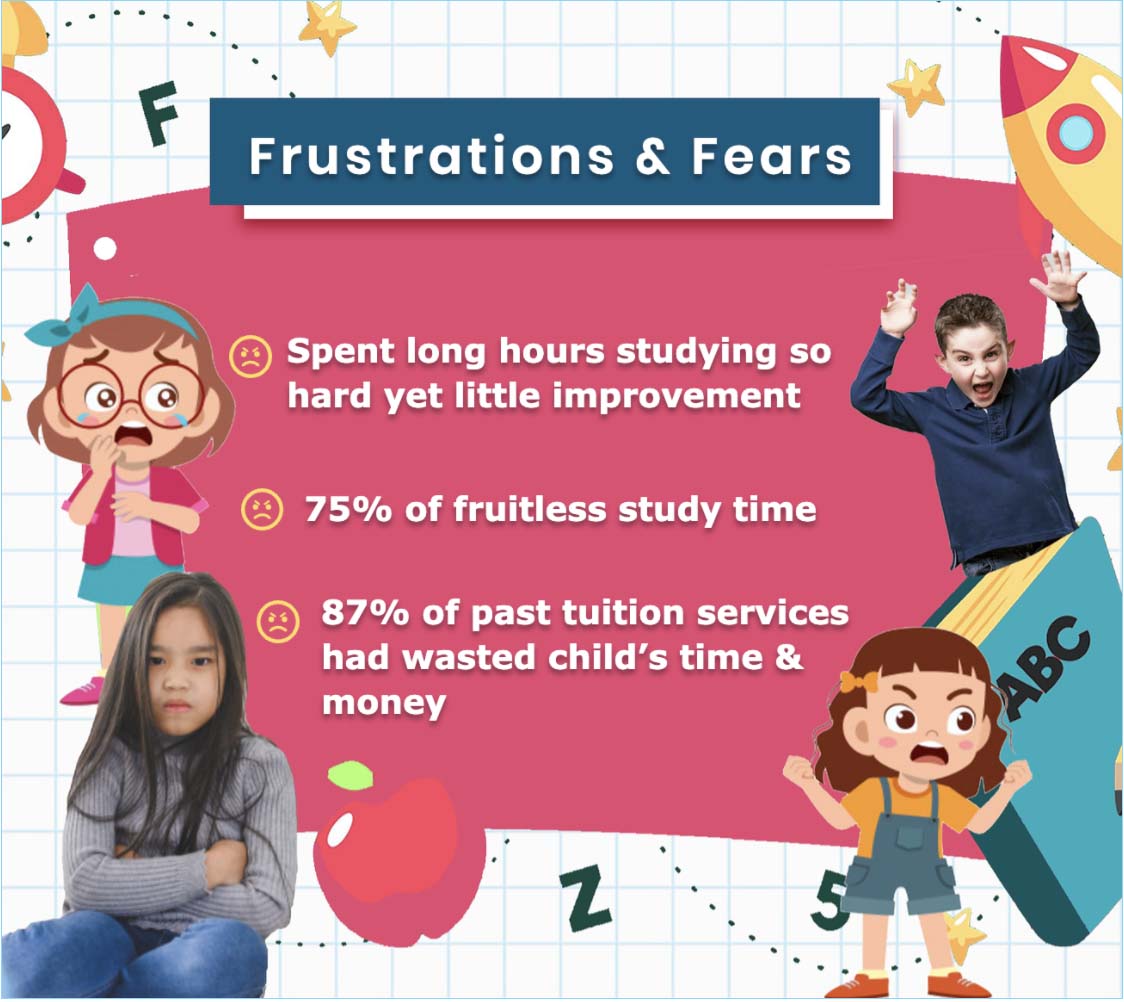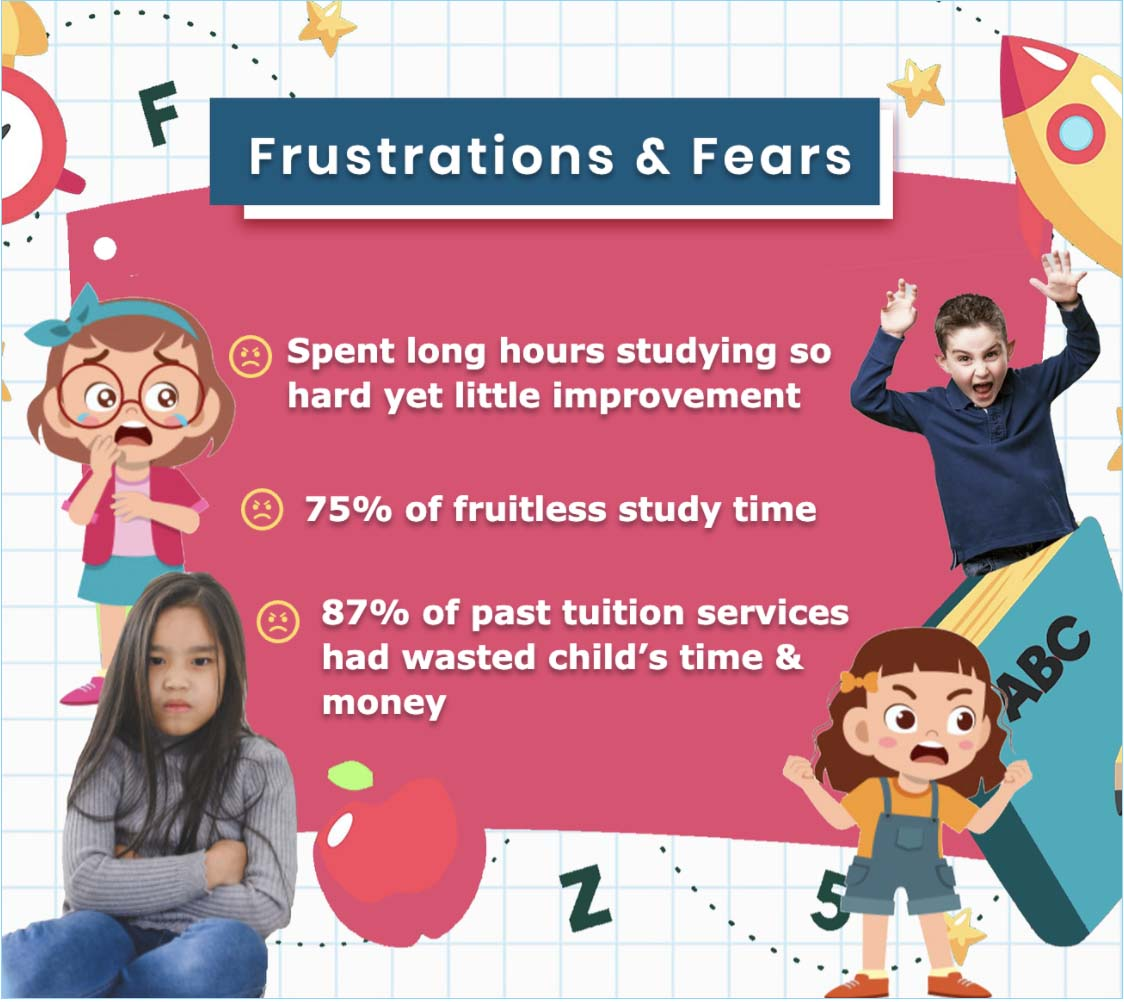The PSLE Science examination is a significant milestone for many primary school students, often serving as a stepping stone toward more advanced scientific learning in secondary school. While it tests knowledge of scientific concepts, it also assesses a student’s ability to understand, analyze, and apply information—core aspects of critical thinking. In light of this, PSLE Science tuition plays a vital role in nurturing students into critical thinkers who are capable of approaching scientific problems with curiosity and analytical rigor. This form of tuition does more than just prepare students for exams; it fosters a mindset grounded in inquiry, reasoning, and problem-solving, which are essential skills for lifelong learning.
Cultivating Inquiry and Curiosity Through Structured Learning
One of the foremost contributions of PSLE Science tuition in developing critical thinkers is its emphasis on cultivating inquiry. By encouraging students to question phenomena, explore hypotheses, and seek explanations, tuition creates an environment where curiosity is valued. Tutors often incorporate hands-on experiments, real-world examples, and open-ended questions to stimulate natural curiosity. This approach helps children see science as a dynamic process of investigation rather than just memorizing facts. As they learn to ask “why” and “how,” students develop an inquisitive attitude that fuels deeper thinking and an intrinsic motivation for understanding the world around them.
 ## Teaching Analytical and Application Skills
## Teaching Analytical and Application Skills
Critical thinking in science involves the ability to analyze information, interpret data, and apply knowledge effectively. PSLE Science tuition plays a crucial role in teaching students how to dissect exam questions, interpret diagrams and data tables, and apply scientific principles to new situations. Tutors help students learn why and when to use specific concepts and how to justify their answers logically. This analytical approach transforms learning from passive memorization to active reasoning, ensuring students can handle unfamiliar questions and complex problems confidently. Such skills are invaluable beyond exams, empowering students to understand everyday scientific issues and make informed decisions.
Developing a Methodical Approach to Problem-Solving
Science often involves multi-step problem-solving, which requires a structured and methodical approach. Tuition programs focus on teaching students how to organize their thoughts, plan their solutions, and check their work systematically. Emphasis is placed on understanding the problem, breaking it into manageable parts, and applying appropriate formulas or principles step-by-step. By practicing exams and exercises that emphasize this process, students learn to approach questions with a logical mindset, reducing errors and increasing confidence. This methodical thinking is fundamental not only for excelling in science exams but also for fostering an organized approach to all types of learning and real-world challenges.
Encouraging Scientific Literacy and Critical Awareness
In today’s world, scientific literacy goes beyond knowing facts; it involves understanding the implications of scientific discoveries, evaluating sources of information critically, and recognizing biases or inaccuracies. PSLE Science tuition plays a pivotal role in developing this critical awareness. Tutors introduce students to current scientific issues, ethical dilemmas, and debates, encouraging them to form their own opinions based on evidence. This cultivates a broader perspective and a discerning attitude, helping students become responsible citizens capable of engaging thoughtfully with scientific discussions in society. Such literacy lays the groundwork for becoming not only competent exam takers but also socially conscious individuals.
Building Confidence to Tackle Complex Questions
Many students find the higher-order questions in PSLE Science challenging because they require more than rote recall—they demand critical thinking, reasoning, and application. Tuition provides a safe space for students to practice such questions repeatedly, gaining familiarity and confidence in their reasoning abilities. As they understand more about how to approach complex problems and are guided on strategic thinking, their anxiety diminishes. Confident students are more willing to engage deeply with questions, explore different methods, and justify their responses logically. This confidence, built through consistent practice and expert support, is essential for nurturing independent thinkers.

 ## Lasting Benefits Beyond the Exam
## Lasting Benefits Beyond the Exam
The skills fostered through PSLE Science tuition do not end with the examination. Critical thinking, analytical reasoning, and problem-solving are core competencies applicable across all disciplines and in real-life situations. Students who develop these skills early continue to excel in secondary school and beyond, becoming innovative thinkers capable of tackling complex problems with creativity and logic. Tuition helps lay a strong foundation for future scientific pursuits and lifelong learning, encouraging students to approach challenges with an open mind, curiosity, and a strategic mindset that will serve them well in any field they choose to pursue.
Conclusion
The role of PSLE science tuition ↗extends far beyond exam preparation; it plays a crucial part in shaping critical thinkers equipped with inquiry, analysis, and reasoning skills. By nurturing curiosity, teaching methodical problem-solving, and fostering scientific literacy, tuition helps students develop a mindset that values evidence-based thinking and independent inquiry. These skills are indispensable in today’s knowledge-driven society and serve as a foundation for academic success and responsible citizenship.